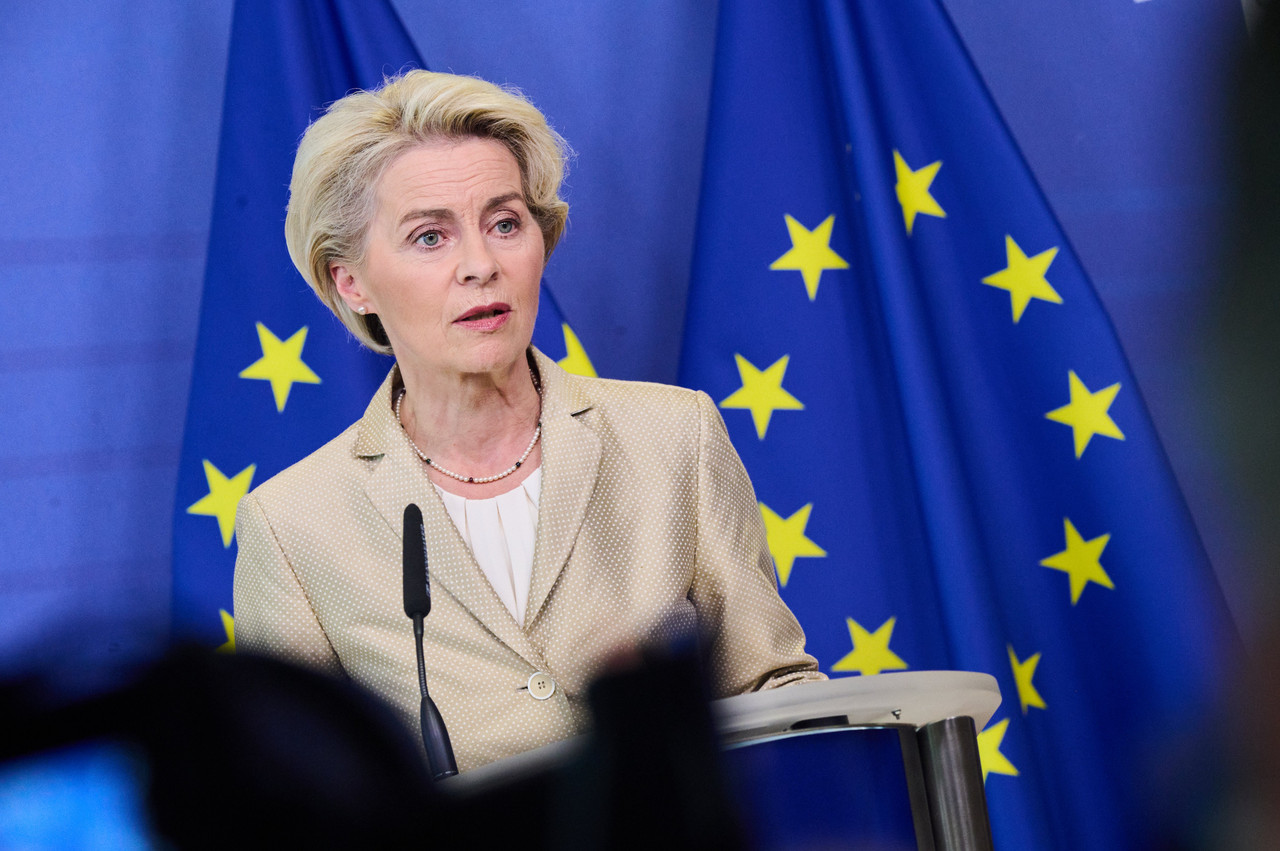The holding of illegal referenda to annex Ukrainian territories, mobilisation and new threats to use nuclear weapons by Russia have prompted the European Commission to present a new package of sanctions against Moscow on Wednesday 28 September.
It includes:
- New wide-ranging bans on the import of Russian products. They are expected to deprive the Russian economy of an additional €7bn in revenue. "We are also proposing to extend the list of products that cannot be exported to Russia anymore. The aim here is to deprive the Kremlin's military complex of key technologies. For example, this includes additional aviation items, or electronic components and specific chemical substances. These new export bans will additionally weaken Russia's economic base and will weaken its capacity to modernise. We will also propose additional bans on providing European services to Russia, and a prohibition for EU nationals to sit on governing bodies of Russian state-owned enterprises. Russia should not benefit from European knowledge and expertise," Commission president Ursula von der Leyen.
- Price caps on Russian oil imported from third countries. "We have already agreed to ban seaborne Russian crude oil in the European Union as of 5 December," von der Leyen said. “But we also know that certain developing countries still need some Russian oil supplies, but at low prices. Thus, the G7 has agreed in principle to introduce a price cap on Russian oil for third countries. This oil price cap will help reduce Russia's revenues on the one hand and it will keep global energy markets stable on the other hand. Today, in this package, here, we are laying the legal basis for this oil price cap.”
- The increase of the lists of individually sanctioned persons and entities whose assets are frozen. This will now include pro-Russian authorities in the occupied territories and entities that supported the organisation of annexation referendums. Companies involved in equipping soldiers mobilised by the Kremlin. And individuals organising or participating in the circumvention of sanctions, in Russia or elsewhere.
The new sanctions package still needs to be approved by the 27 member states.
This story was first published in French on . It has been translated and edited for Delano.
